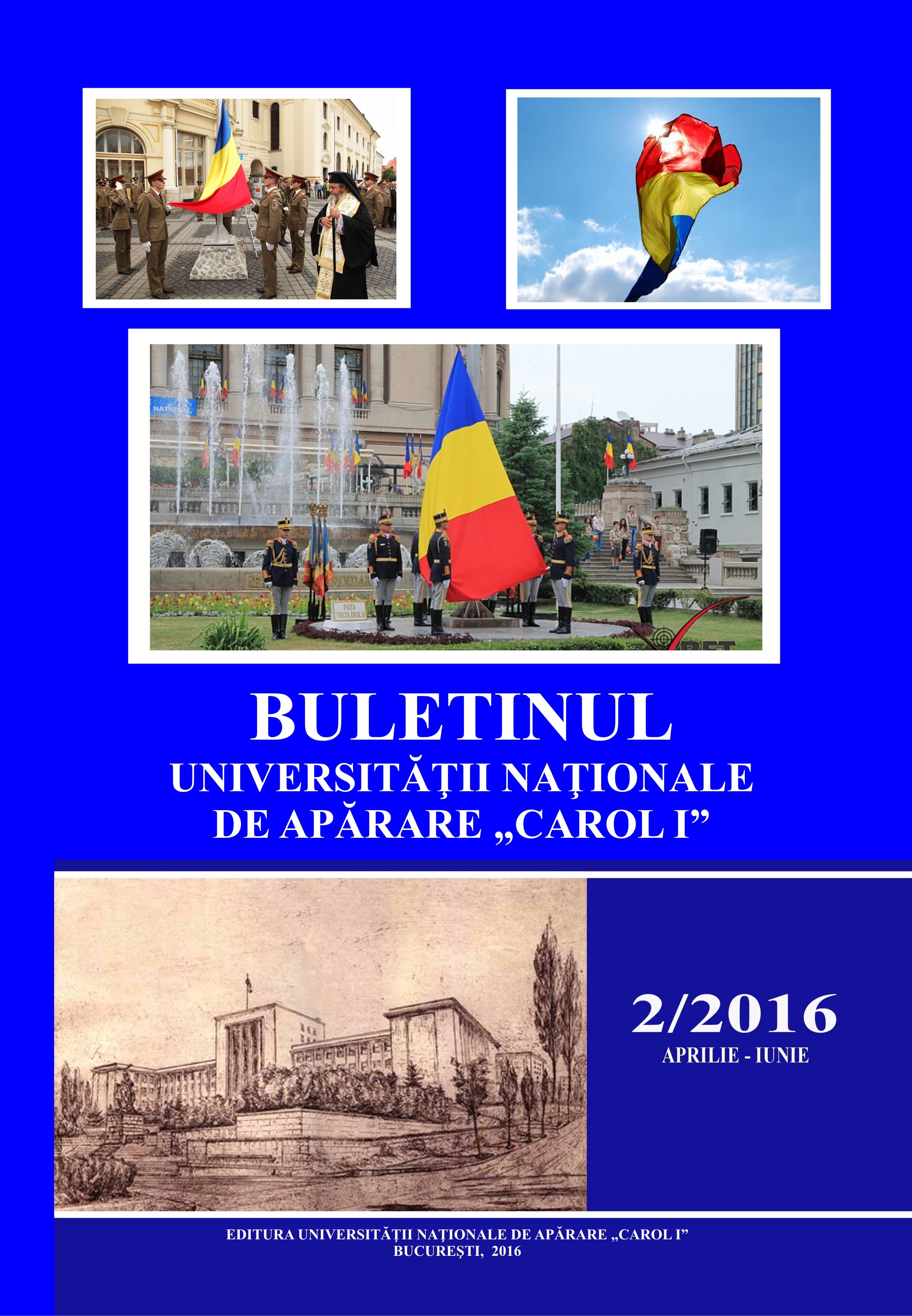DIMENSIUNEA COGNITIV-INFORMAŢIONALĂ
A COMPETENŢEI DE COMUNICARE
INTERCULTURALĂ A MILITARILOR ROMÂNI PARTICIPANŢI LA OPERAŢII DE STABILITATE ŞI SPRIJIN
THE INFORMATION-COGNITIVE DIMENSION
OF THE INTERCULTURAL COMMUNICATION
COMPETENCE OF THE ROMANIAN MILITARY PERSONNEL PARTICIPATING IN STABILITY AND SUPPORT OPERATIONS
Author(s): Polixenia OlarSubject(s): Politics / Political Sciences
Published by: Carol I National Defence University Publishing House
Keywords: dimensions; variables; intercultural communication competence; stability and support operations
Summary/Abstract: The events that have taken place since 1989 have marked the fundamental changes in the organization of international relations, in assessing national, regional, global security and stability and in the international community’s attitude towards global security threats. The international community is now increasingly involved in resolving crises and conflicts around the world. Organizations like the UN, NATO or EU are increasingly and actively involved in ensuring regional and international stability and security. Romania, as one of the members, in its turn, takes part in the execution of various international missions of maintaining, restoring or peace enforcement, as well as stability and support operations. The operationalization of the information-cognitive dimension of intercultural communication competence provides a different kind of algorithm of the knowledge approach by the trainers and the beneficiaries of the training process of the conditions necessary for acquiring intercultural communication ability .Knowing which are the variables defining this dimension and attributing indicators to the latter can take concrete actions to create cognitive and informational conditions able to ensure the adoption and internalization of data and information necessary and sufficient for the competence of intercultural communication of the militaries already mentioned. On the other hand, by breaking down the information-cognitive dimension into variables and indicators can be indicated the concrete way forward to achieve the expected results in the formation of intercultural communication competence.
Journal: Buletinul Universităţii Naţionale de Apărare »Carol I«
- Issue Year: 2016
- Issue No: 02
- Page Range: 119-126
- Page Count: 8
- Language: Romanian

